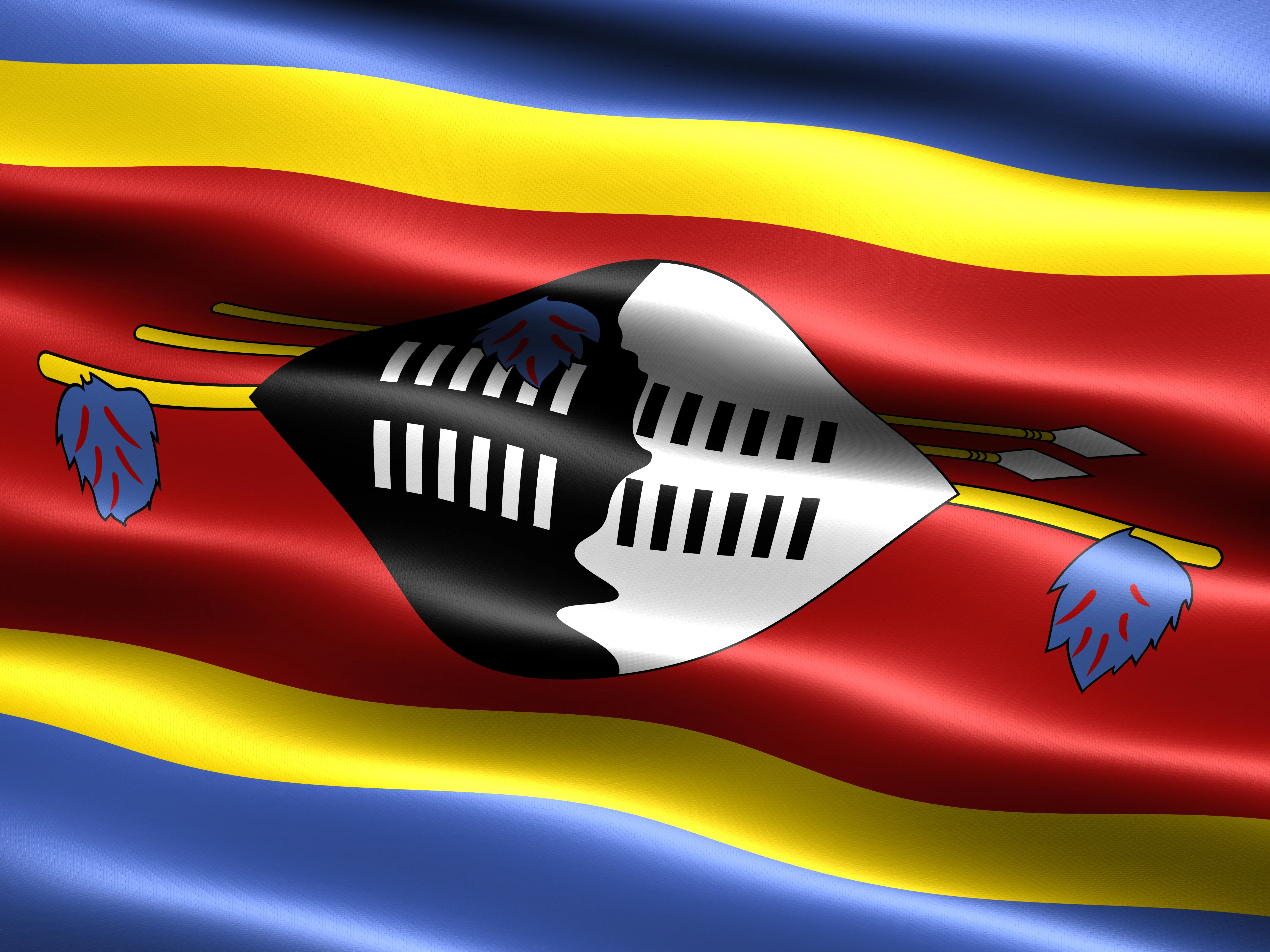
On 26 August 2018, a 26-day campaign period that culminates in the secondary elections to be held on 21 September 2018 began. It is in respect of this campaign period that an application for an interim interdict was brought in the High Court by the Swazi Democratic Party (SWADEPA), its General-Secretary (Mr Shabangu) and an executive member of its Women’s League (Ms Dlamini). After their case was dismissed in the High Court on 20 July 2018, the applicants filed an appeal in the Supreme Court, which appeal was dismissed.
The case was about the rights to freedom of expression and association during the election campaign period. The applicants sought an interdict to prevent the respondents from interfering with –
• the rights of candidates for election to the House of Assembly to express their political and/or other views or policies;
• the rights of candidates to associate publicly with their chosen political parties; and
• the rights of candidates to receive sponsorship and support from political parties, and the rights of political parties to provide sponsorship and support to their members.
Section 79 of the Constitution provides that the tinkhundla-based system of government emphasises individual merit as a basis for election to public office. This section has been interpreted by the government and the Elections and Boundaries Commission to exclude political parties from the electoral process.
In contrast, the applicants submitted that the reference to ‘individual merit’ in section 79 means no more than a requirement that each candidate for election be considered on the basis of what he or she – as a unique, rights-bearing individual with views, beliefs, and associations – brings to the table. They argued that the case was necessary to ensure that registered voters would be able to exercise their right to vote knowing all relevant information about the candidates running for public office.
Such an interpretation is in line with international benchmarks for democratic elections. For example, the AU’s 2002 Declaration on the Principles Governing Democratic Elections in Africa specifically provides that every citizen shall have the freedom to be a member of a political party; and that individuals or political parties shall have the right to freedom of movement, to campaign and to express political opinions with full access to the media. The 2007 African Charter on Democracy, Elections and Governance provides that State Parties must strive to institutionalise good political governance through “consolidating sustainable multi-party political systems”.
The respondents’ case primarily focused on narrow, technical issues, largely avoiding the important substantive issues. They argued that the applicants have no right to raise the merits of the case before the Supreme Court, as the case was dismissed on technical grounds in the High Court. It should be noted, however, that the High Court dismissed the entire application. The respondents also argued that the High Court was correct in dismissing the application on the basis that the relief sought did not pertain to the first applicant. It should be noted that Mr Shabangu, the first applicant, joined the case both in his individual capacity as a registered voter and as a person who is eligible to stand for elections, and in his representative capacity, on behalf of the members of SWADEPA who are registered voters and/or candidates. Linked to this, the respondents claimed that the applicants could not seek relief on behalf of all “registered voters who choose to run as candidates for election”, and that the relief sought had to pertain to the individual applicants. But section 35 of the Constitution specifically provides that “where a person alleges that any of the foregoing provisions of this Chapter has been, is being, or is likely to be, contravened in relation to that person or a group of which that person is a member then, without prejudice to any other action with respect to the same matter which is lawfully available, that person may apply to the High Court for redress.”



